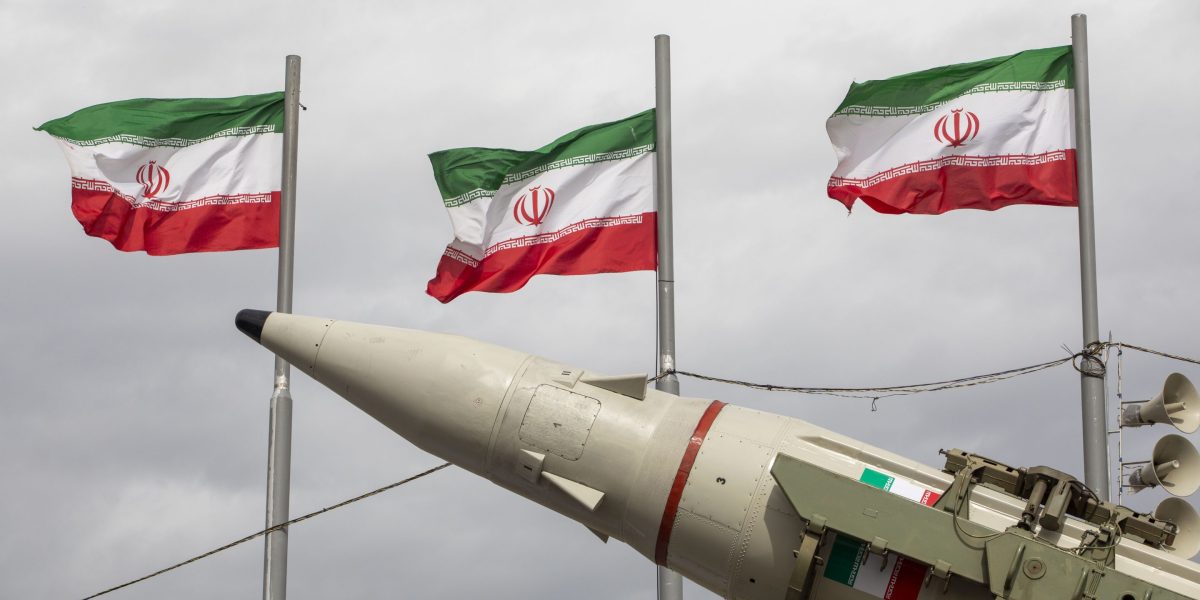Amsterdam-based Stellantis, a global automaker, has announced the end of its hydrogen fuel cell technology development programme.
The company cited several market conditions, including infrastructure limits, investment needs, and low demand signals, as key reasons behind the move.
Production of hydrogen-powered Pro One vans will stop at Stellantis facilities in Hordain, France, and Gliwice, Poland. These sites had been selected for the series production of medium and large vans starting this summer.
The company no longer plans to launch its hydrogen-powered vehicles before the end of the decade. In parallel, Stellantis is in talks with its partners about the future of Symbio, a joint venture focused on hydrogen technology.
Jean-Philippe Imparato, COO for Enlarged Europe, says, “In a context where the company is mobilising to respond to demanding CO2 regulations in Europe, Stellantis has decided to discontinue its hydrogen fuel cell technology development programme.”
“The hydrogen market remains a niche segment, with no prospects of mid-term economic sustainability. We must make clear and responsible choices to ensure our competitiveness and meet the expectations of our customers with our electric and hybrid passenger and light commercial vehicles offensive.”
With this decision, Stellantis mentions in a statement that it will not reduce staffing at its production sites following the end of its hydrogen fuel cell programme. Research & development work connected to hydrogen technology will be moved to other projects.
The hydrogen segment is facing financial pressure for multiple stakeholders. Hence, Stellantis has begun discussions with Symbio shareholders to review market conditions and address potential impacts, aiming to protect the interests of all involved parties.
Brief about Stellantis
Stellantis is a global automaker with 14 vehicle brands and two mobility arms: Abarth, Alfa Romeo, Chrysler, Citroën, Dodge, DS Automobiles, FIAT, Jeep, Lancia, Maserati, Opel, Peugeot, Ram, Vauxhall, Free2move, and Leasys.
The company provides transportation solutions across multiple segments, including passenger vehicles, commercial vehicles, shared and pre-owned vehicles, micro-mobility, and electric aircraft.
In March 2022, Stellantis introduced Dare Forward 2030, a long-term plan focused on transitioning the company toward mobility based on sustainable practices and technology.
Stellantis develops and scales systems for autonomous driving, connected services, electrification, and software-driven functions. It partners with firms across industries to advance mobility services.
Currently, the company operates in over 30 countries and sells products in more than 130 markets. Stellantis is publicly listed on the New York Stock Exchange (NYSE), Euronext Milan (STLAM), and Euronext Paris (STLAP).























